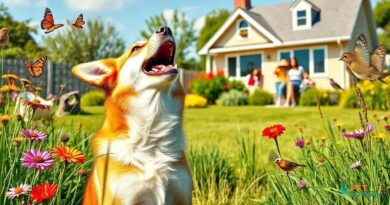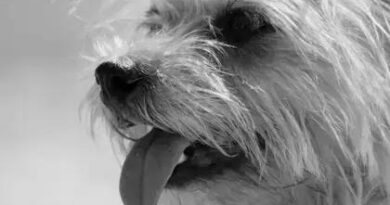What is Wolfdog
What is a Wolfdog?
A wolfdog is a hybrid animal that results from the crossbreeding of a domestic dog and a wolf. These fascinating creatures possess a unique blend of traits from both their wild and domestic ancestors. The term “wolfdog” encompasses various generations of hybrids, ranging from first-generation crosses (F1) to those that are several generations removed from their wolf ancestry. Understanding the complexities of wolfdogs requires a deep dive into their genetics, behavior, and care needs.
Genetics of Wolfdogs
The genetic makeup of a wolfdog can vary significantly depending on the percentage of wolf ancestry. An F1 wolfdog, for example, is a direct offspring of a wolf and a domestic dog, typically exhibiting more wolf-like characteristics. As the generations progress, the traits of the domestic dog may become more pronounced. This genetic variability can lead to a wide range of physical appearances and temperaments, making each wolfdog unique.
Behavioral Traits
Wolfdogs often display a combination of behaviors inherited from both wolves and dogs. They may exhibit strong prey drive, territorial instincts, and a high level of intelligence. Socialization is crucial for wolfdogs, as they can be more challenging to train than typical domestic dogs. Their behavior can be influenced by their upbringing, environment, and the amount of wolf ancestry they possess, making early socialization and training essential for a well-adjusted pet.
Legal Considerations
Owning a wolfdog can come with various legal challenges, as regulations differ significantly from one region to another. Some areas have strict laws prohibiting the ownership of wolfdogs, while others may require special permits. Potential owners should thoroughly research local laws and regulations before acquiring a wolfdog to ensure compliance and avoid legal issues.
Care and Maintenance
Caring for a wolfdog requires a commitment to meeting their unique needs. These animals often require more exercise and mental stimulation than typical domestic dogs. A secure, spacious environment is essential, as wolfdogs are known for their escape artist tendencies. Additionally, a diet that mimics their natural prey can contribute to their overall health and well-being.
Socialization Needs
Socialization is a critical aspect of raising a wolfdog. Early exposure to various people, animals, and environments can help mitigate potential behavioral issues. Wolfdogs may be wary of strangers and can exhibit fear or aggression if not properly socialized. Engaging in positive reinforcement training and providing consistent experiences can help them develop into well-rounded companions.
Common Misconceptions
There are many misconceptions surrounding wolfdogs, often fueled by media portrayals of wolves as wild and untamable creatures. While wolfdogs do retain some wild instincts, they can also form strong bonds with their human families. It’s essential to recognize that wolfdogs are not simply “wild dogs” but rather complex animals that require understanding and commitment from their owners.
Health Considerations
Like all breeds, wolfdogs can be prone to specific health issues. Genetic diversity can sometimes lead to fewer inherited health problems, but potential owners should still be aware of common canine health concerns. Regular veterinary check-ups, a balanced diet, and an active lifestyle are vital for maintaining the health of a wolfdog.
Finding a Wolfdog
If you’re considering adding a wolfdog to your family, it’s crucial to find a reputable breeder or rescue organization. Responsible breeders prioritize the health and temperament of their animals and can provide valuable information about the specific needs of wolfdogs. Adopting from a rescue can also be a rewarding option, as many wolfdogs are in need of loving homes.



